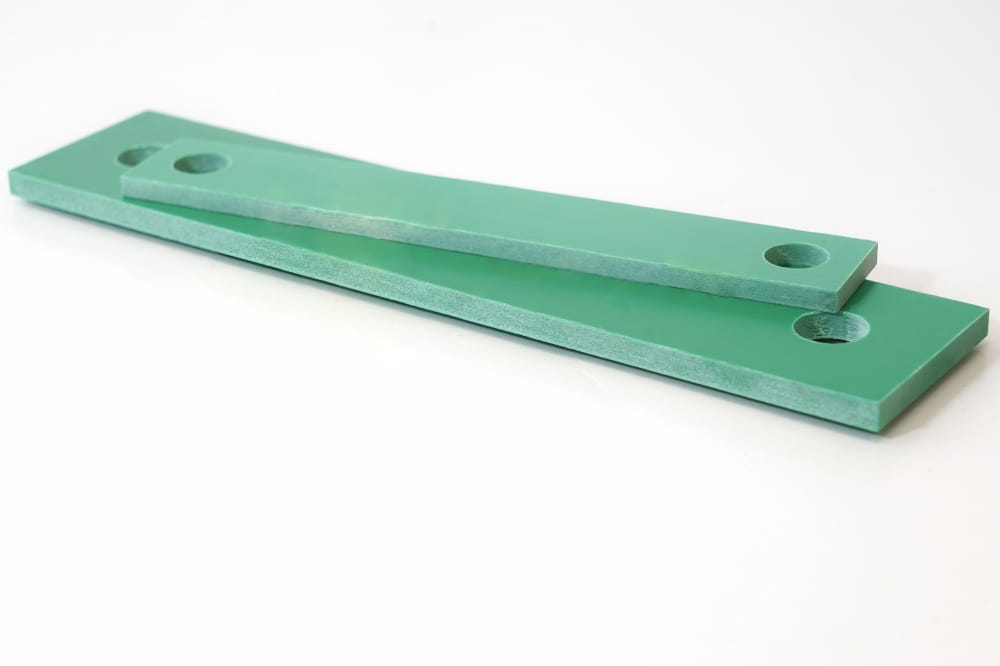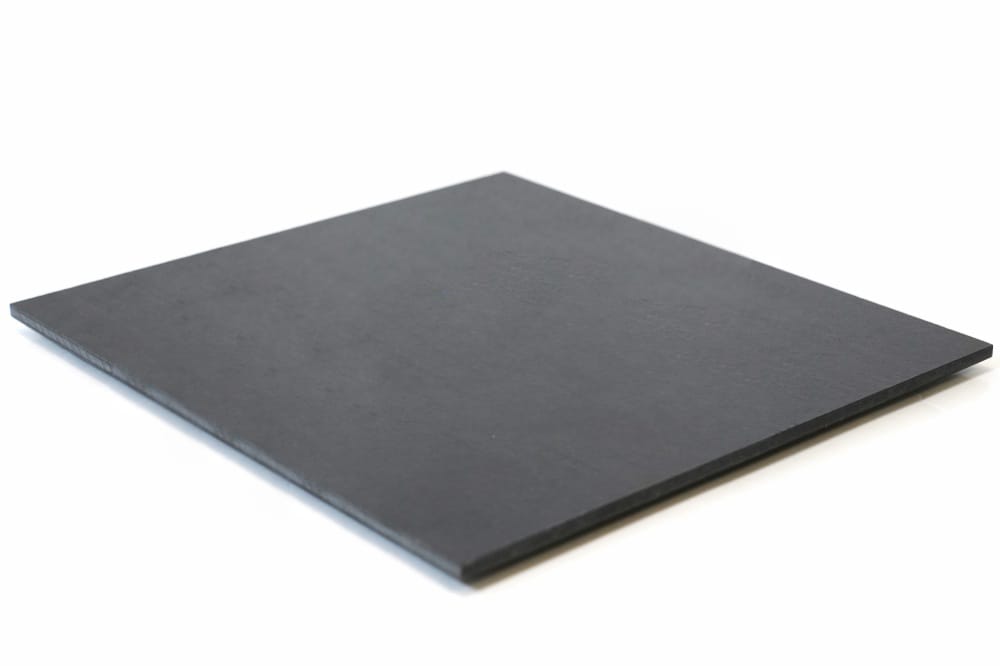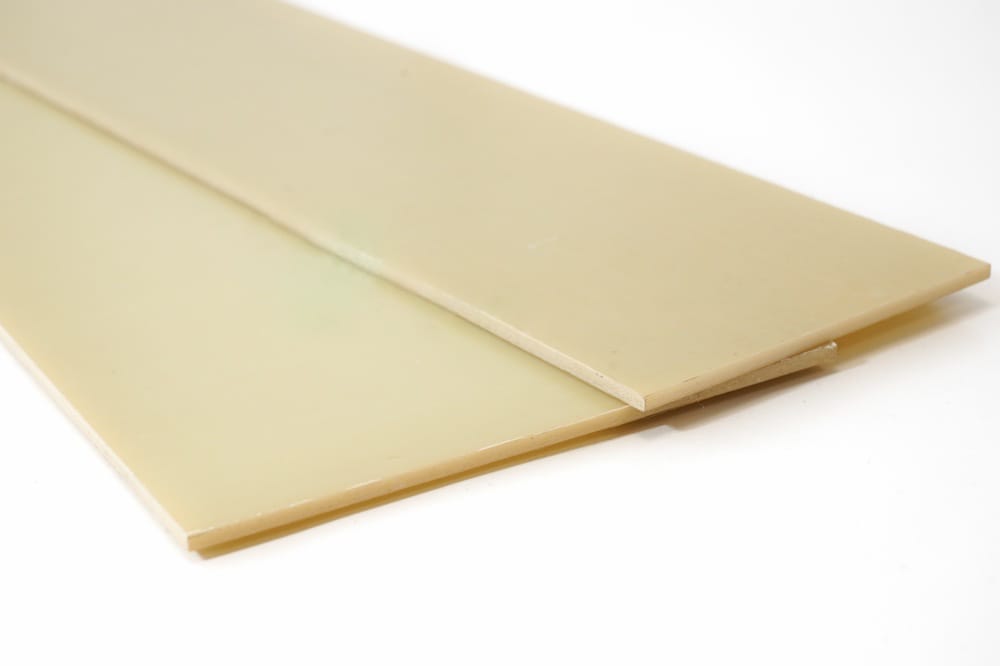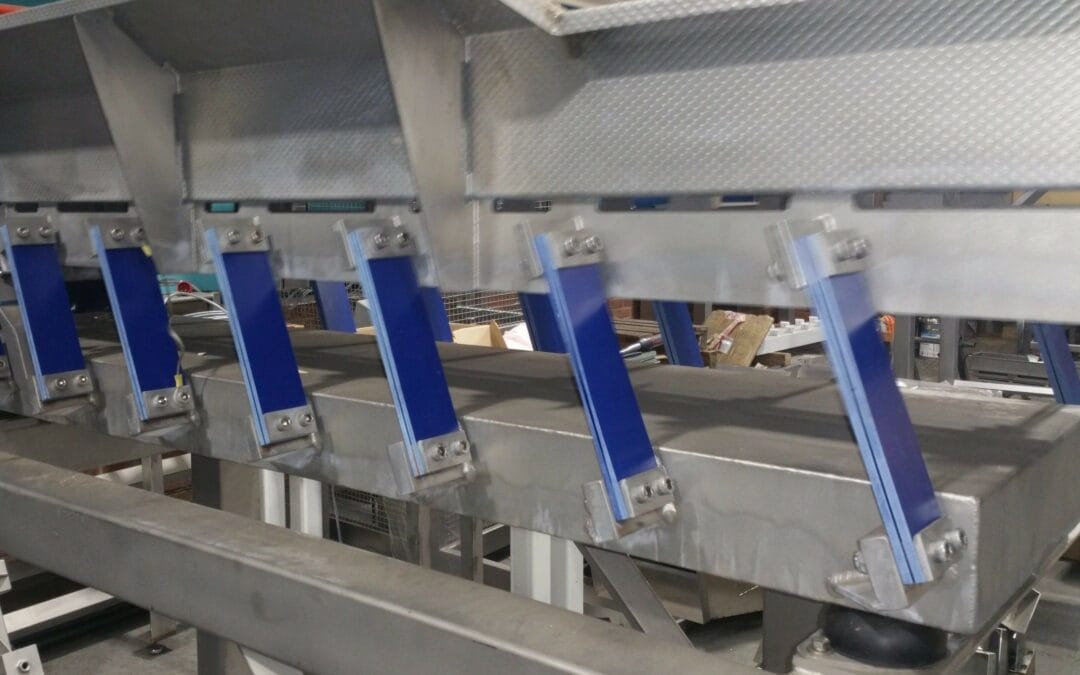Tynic Automation’s ScotchPLY composite springs are an advanced alternative to traditional steel springs, designed to deliver high strength, flexibility, and longevity across a range of demanding applications, particularly in food production and industrial environments.
Why Choose ScotchPLY Over Steel?
Constructed from laminated layers of glass fibre, carbon fibre, or hybrid composites, these springs match the load-bearing and energy-absorbing capacity of steel while offering greater efficiency. Their engineered design allows precise control of stiffness, deflection, and damping through fibre orientation and layer thickness, ensuring consistent performance under dynamic or continuous loading. Lighter than steel, composite springs reduce moving mass, improve system responsiveness, and lower vibration and noise. They are also naturally resistant to corrosion, chemical exposure, and fatigue, making them well-suited to harsh or wet environments such as food processing and material handling.
ScotchPLY Glass Fibre Springs
The industry-standard leaf spring, engineered for vibratory conveyors and feeders. ScotchPLY Glass Fibre springs can replace all makes and models of leaf spring, providing improved performance, increased strength, and higher reliability.

ScotchPLY Blue – Antimicrobial
Tynic ScotchPLY Blue springs combine the same physical performance as standard ScotchPLY springs with antimicrobial protection. These blue-coloured springs are designed to inhibit up to 99.99% of surface bacteria, making them ideal for hygienic environments such as food processing and pharmaceutical applications.

ScotchPLY Carbon Fibre
For high-performance, demanding machinery, Tynic ScotchPLY Carbon Fibre springs are engineered using aerospace-grade unidirectional carbon fibres combined with Tynic’s toughened epoxy resin. This provides exceptional flexural stiffness and reliable performance under heavy loads.

ScotchPLY High Temp
Tynic’s high temperature glass springs are built using an advanced epoxy resin system designed for elevated thermal performance. They can operate at temperatures up to 60% higher than standard ScotchPLY glass springs, making them ideal for demanding thermal environments.




Recent Comments